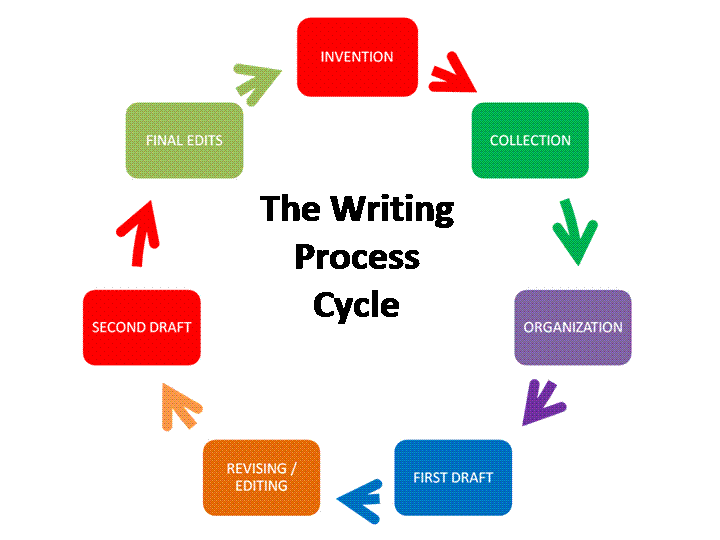I'm the sort of person who doesn't like crowds, especially doesn't like speaking before a crowd. I can handle a classroom of inattentive students, say, up to about 25, which is my day job. So I worried about the reading opportunity that was foisted upon me this past Tuesday. I prepared by selecting which scene from each of my three books I would read, something short yet evocative and which demonstrated in a couple pages my great craft.
 |
| My event made the campus jumbotron! |
However, everything went as the proverbial clockwork. I attended the meeting, sipping on a caffeinated beverage throughout. As the clock ticked down, the VP did indeed call me out to say a few words about my new/latest book. "Give us a couple sentences," he said. Knowing my colleagues were anxious to exit, I just gave a two sentence summary of my event and all were pleased.
I returned to my office to grab the three books of the Stefan Szekely Trilogy, plus another trio to be used as a raffle prize. I thought to carry the box I had of other copies but thought I could sell them later, after the "show" or the next day, rather than carry the box across the campus. (In hindsight, no, I did not sell any books afterward; I believe I could've sold some if I had them there at the event - mistake number one.)
When I arrived at the student union for the event, I found everything set up for me, thanks to the English Club! I'd worried that I would be walking into an empty room and would need to announce myself and gather passers-by to form an audience. My colleague introduced me and acted as MC. First I told about my new/latest book, the third of a trilogy. That led me to explain where it started, where I got the idea (anecdotes about my daughter being hooked on Twilight, etc.), and an overview of the trilogy.
Then I read a scene from the first book, which I felt showed the style and tone of the story quite well: the first time my protagonist seeks medical help for his skin problems. I paused to explain what happens next, intending it as a lead-in to reading a scene from the second book. However, a hand went up so I called on that audience member and answered her question. That led to other questions, divided evenly between questions about my writing process (in general and for this trilogy) and the process of "getting published". The questions continued and I never got to read more in the hour-long event.
Given that the audience was mostly students, I had worried how attentive they might be at such an event. I know how they can be in my own classes. I also knew that my colleagues had offered "extra credit" for attending, so I had little expectation of an enthusiastic crowd. Their questions, however, seemed genuine and not off a script. Several were apparently very interested in writing stories and trying to publish them. I made generous offers to take a look at their work. One colleague reminded me to mention I would be teaching the Creative Writing course in the fall semester.
A Journalism professor attended and later suggested some journalism students would interview me for a feature in the campus newspaper. Great publicity! Especially for a shy guy who would rather write than speak. In any case, it was a comfortable experience. I urge anyone of similar temperament to go ahead and accept that invitation to do a reading. It will be over before you know it!
It was later than usual when I left the campus for the drive home, but I did not stop off at my neighborhood bar for a drink. I was not unnerved and in need of that stress-relief. Instead, when I arrived home, I indulged in ice cream. I could almost sense paparazzi outside my door. Almost.
---------------------------------------------------------------------
(C) Copyright 2010-2019 by Stephen M. Swartz. All Rights Reserved. No part of this blog, whether text or image, may be used without me giving you written permission, except for brief excerpts that are accompanied by a link to this entire blog. Violators shall be written into novels as characters who are killed off. Serious violators shall be identified and dealt with according to the laws of the United States of America.
















